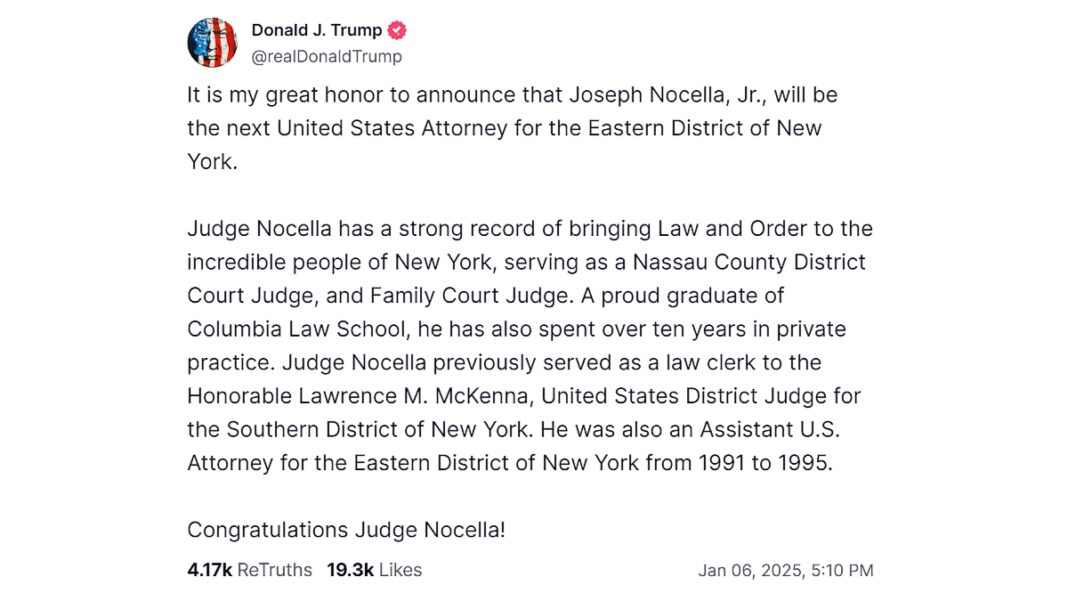The Act requires Homeland Security to detain criminal illegal immigrants and allows states to sue the federal government over immigration policy.
The House of Representatives has passed the Laken Riley Act with a vote of 264–159. Almost all Republicans and 48 Democrats united to push the bill through the lower chamber of Congress.
The legislation requires the Department of Homeland Security to detain illegal immigrants who have committed certain crimes, such as theft, burglary, or shoplifting.
It also allows states to sue the federal government for injunctive relief over “certain immigration-related decisions or alleged failures” if they resulted in harm to that state.
These can include the failure to detain an individual who has already been ordered to be deported, or neglecting to fulfill vetting requirements for immigrants seeking to enter the United States.
“The tragic and preventable murder of Laken Riley serves as a stark reminder of the consequences of failed leadership,” Majority Whip Tom Emmer (R-Minn.) said at a press conference before the vote.
“The Laken Riley Act is a direct step toward ensuring that criminal illegal aliens are swiftly and permanently removed from our communities and our country,”
The bill passed the House last year but was never brought to the floor by the Senate. Speaker Mike Johnson (R-La.) noted that 170 House Democrats had voted against the passage of the bill at that time, saying he felt they had “put politics ahead of principle.”
Democrats opposing the bill on the floor of Congress today called the bill overbroad and likely to sweep up illegal immigrants who are wrongly arrested, even if they have lived in the United States for years.
“This is a radical departure from current law, which since 1996 has generally required mandatory detention only for persons who are criminally convicted or who admit to having committed certain serious crimes,” Rep. Jamie Raskin (D-Md.) said.
Raskin also objected to stipulations allowing suit of the government, saying that approach violates the U.S. Supreme Court’s decision in the U.S. v. Texas case, which said states have no standing to bring legal actions over federal implementation of public policy.







